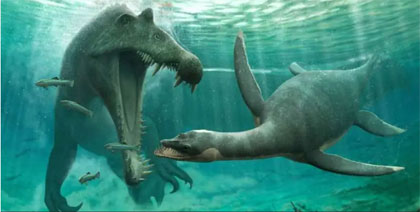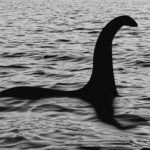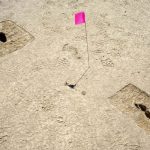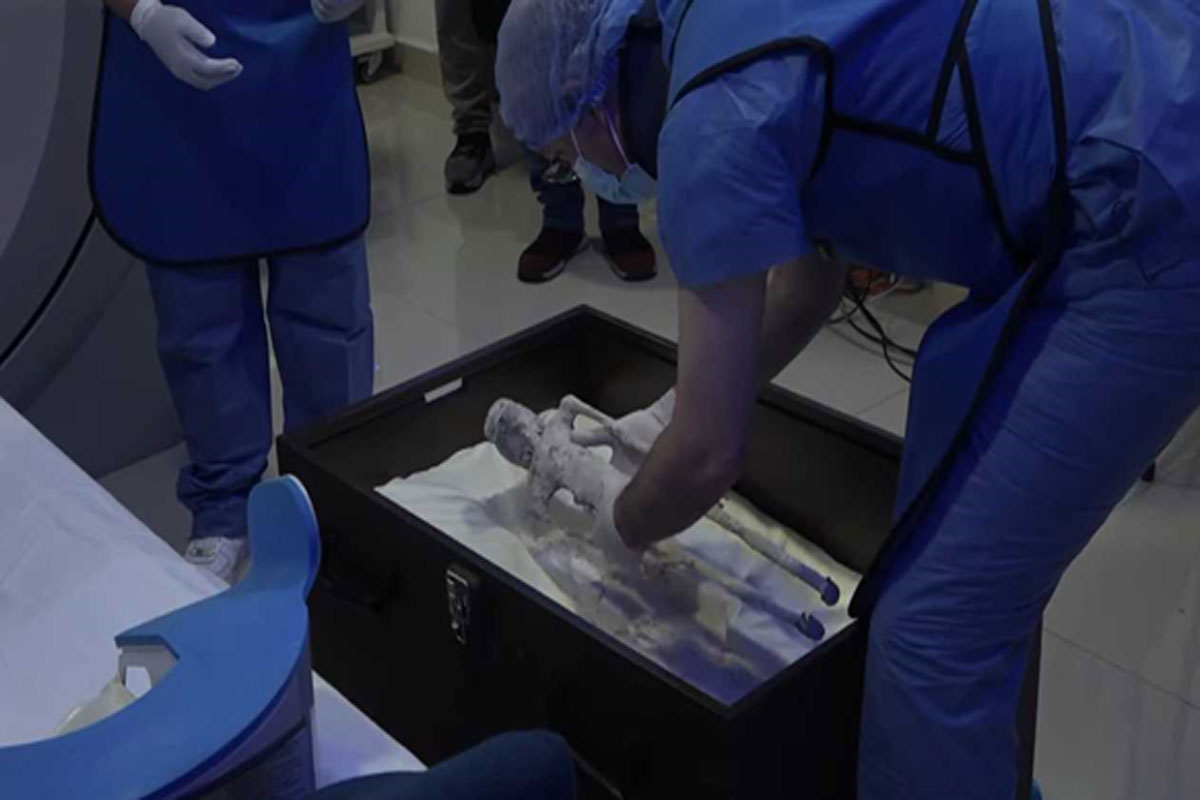
Evidence from Fossils in Morocco Supports Existence of Loch Ness Monster
Description of the reptile found in Morocco perfectly matches accounts of the sighting of a beast with a long neck and small head.
 Evidence from Fossils in Morocco Supports Existence of Loch Ness Monster
Evidence from Fossils in Morocco Supports Existence of Loch Ness Monster
Rabat – Following the discovery of a new set of fossils in Morocco’s Sahara Desert, a team of British scholars concluded that there is evidence suggesting the existence of the mythical Loch Ness Monster.
Researchers from England’s University of Bath unearthed the fossils indicating the existence of water reptiles with long necks belonging to the age of the dinosaurs in a river in Morocco estimated to date back 100 million years.
The description of the reptile found in Morocco perfectly matches accounts of the sighting of a beast with a long neck and small head, the team of British researchers said in their study, according to converging news reports.
While the theory of the existence of the Loch Ness monster is gaining popular traction, skeptics have since come out arguing that the reptile found in Morocco couldn’t possibly provide evidence for the existence of the Loch Ness monster.
The location of the fossils found in Morocco suggests that the legendary reptile needs a saltwater environment, which is not the case for the Loch Ness, the location where the myth of the Loch Ness monster first emerged.
Setting aside the debate over the existence of the Loch Ness Monster, the findings posit that prehistoric dinosaurs could have possibly lived in a freshwater environment, contrary to previous common beliefs.
The fossils found in Morocco include bones and teeth belonging to a three-meter-long adult and an arm bone from a 1.5-meter long baby reptile, reports indicate.
“What amazes me is that the ancient Moroccan river contained so many carnivores all living alongside each other,” the study’s co-author Dave Martill, professor of palaeobiology at the University of Bath, was reported as saying.
New research finds a Loch Ness Monster is ‘plausible’
A study released by researchers from England’s University of Bath has breathed new life into the possible existe…





















